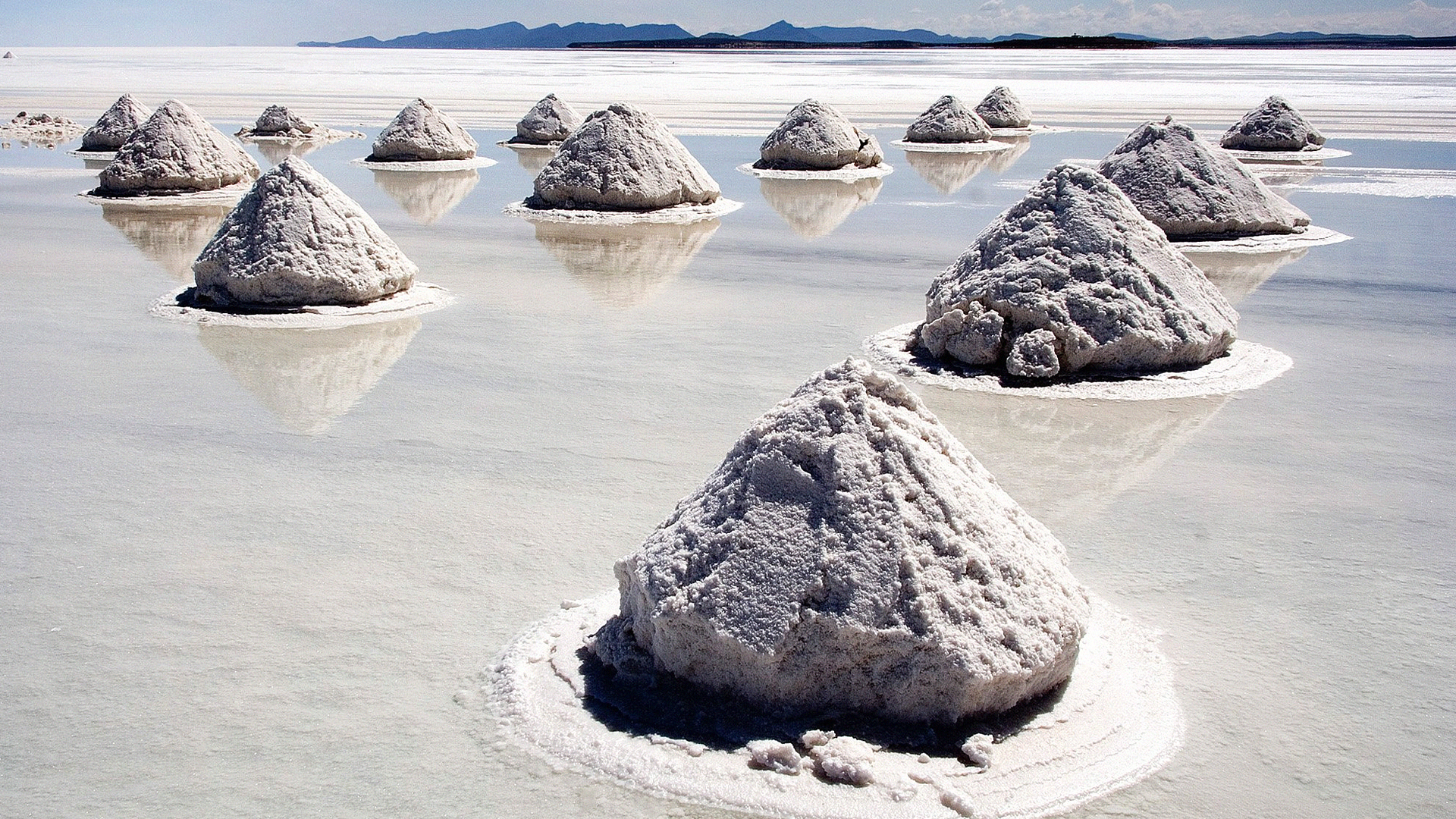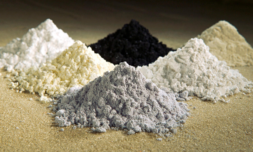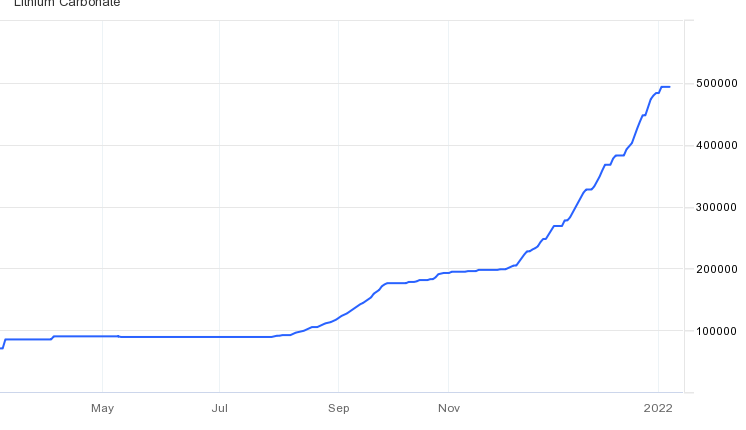Prior to Russia’s invasion, Ukraine had been drawing attention from the likes of China and Australia for its vast untapped lithium reserves. Potentially crucial to achieving our clean energy transitions, this sustainable battery drive could begin to peter out.
Eastern Europe was tipped to lead the global lithium drive, but it appears foreign nations will have to source their clean energy transitions elsewhere.
Ukraine, under President Volodymyr Zelensky, had been positioning itself as a major player in decarbonising fossil fuel reliant industries. Wanting to move away from its previous rap sheet as an economy built on coal, iron, and titanium, the 44-year-old frequently expresses a desire to atone whilst helping others to evolve across borders.
When talking the accelerated production of electric vehicles in particular, Ukraine had attracted great interest from investors like China and Australia. This is because its natural lithium reserves are thought to be one of the world’s very largest – with 500,000 tons of untapped mineral concealed within its eastern region alone.
As part of a clean transport pact made at COP26, a cohort of 28 countries is aiming to phase out petrol cars for purely sustainable vehicles by 2030. Shortly after the conference, a number of exploration permits were purchased from Ukraine to begin mining for lithium, as well as copper, cobalt, and nickel.
One Australian firm called European Lithium had secured rights to two lithium deposits in Kirovograd and Donetsk and aimed to become the biggest exporter of lithium throughout the entire continent. Elsewhere, China’s Chengxin Lithium had looked to become a major supplier for automakers throughout the west too.





















